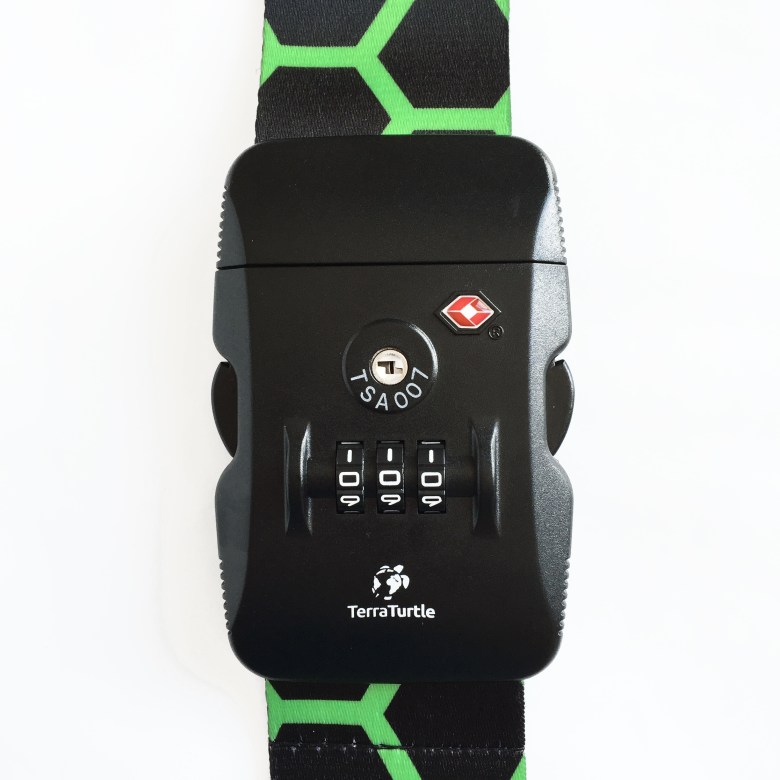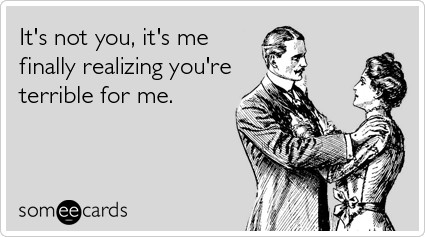At some point I came across this new business model “Amazon FBA” (Fulfillment by Amazon). It sounded like the ideal way to get into e-commerce – which I always wanted to do.
What is Amazon FBA?
The Fulfillment by Amazon (FBA) business model continues to grow in popularity. Fundamentally, it’s the same as a traditional e-commerce business. But, instead of your having to fulfill orders one by one, Amazon stores your products for you and even picks, packs and ships them out to customers.

This makes it a lot easier for you to build your business without having to worry about the logistics of warehouses, packaging materials, couriers and so on. With private labeling, you also have the opportunity to build your own brand and website, thereby increasing the value of your business.
(This is a summary from Entrepreneur.com)
How I started
I looked into all forms of information: blog posts, videos, facebook groups. I even attended lokal events via Meetup and even a professional event with several hundred attendees.
There is a lot of good information out there: guides, tutorials. But also expensive courses and self-proclaimed gurus. Be aware of anyone trying to sell you an expensive training or info-package.
My first product on Amazon
First thing to do is market research: What is a product that people want but not yet sold on Amazon? Answer: very few items are NOT available on Amazon.
Therefore the question usually is: What product can I sell that people will buy from me? And often the answer is to get a product and put your own label on it (your own brand) or add value (eg. a new feature). Or something else that makes it stand out.
I came across the travel-category. I thought it’s a good enough niche where I can get some products out and sell it under my unique brand.
And here it is – my revolutionary luggage belt!

Just wrap it around your luggage and it stays save…

Also, thanks to the rather unique design, it will be very easy to identify.

Within a couple of weeks I found the product idea and did some research. The travel-niche seemed like a good idea.
Then I sourced it from China (find manufacturer, get samples, finalise design) and placed an order for 500 units.
I was excited when the packages arrived. I checked all units by hand, fixed some smaller issues and forwarded it to the Amazon warehouse.
My first product was also my last one
But I stopped Amazon FBA after releasing my first product. Why?
It’s an interesting business model. I met people that are successful and some earning lots of money. Amazons systems are fairly sophisticated and they got better. There are lots of external tools for the FBA-seller available as well.
I had a process of all the steps and worked through them from beginning to end. There is a good network and community of other sellers that help you along the way.
But I didn’t like it.
- I didn’t like the fact that anyone can come along and offer the same product for less. A race to the bottom.
- I didn’t like the fact that you would need new products all the time. Just selling one product is not enough. You need to find new products or a new niche – and get something to the market.
- I didn’t like the fact that you are at the mercy of Amazon. It’s their market place, they have complete control. What’s worse, you do the market testing for them by releasing new products. And if your product is successful, Amazon might release a similar one itself. Then, out of a sudden, your bestseller doesn’t sell that well anymore.
But ultimately I didn’t like to put more (relatively) useless products into the world. If you know me, you know I care for the environment. And I just didn’t want to take part in a system that’s all about producing more stuff.
This is not a guide or review on Amazon FBA
I am not trying to tell you everything about this business model. This is not a guide on how to do it or how a review. I honestly think it still is an interesting business model. It’s really good if you are a retail or rather a product guy.


